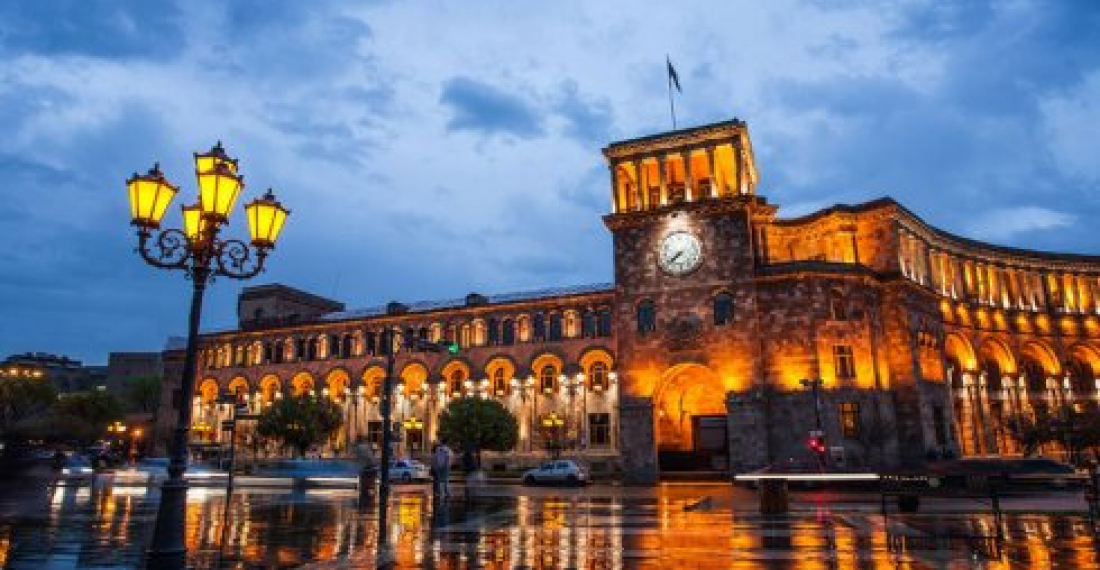A State of Emergency which had been in place in Armenia since March due to the COVID-19 pandemic has now been lifted, and replaced by a quarantine regime, which is to last until 11 January 2021.
A Statement by the Armenian Ministry of Foreign Affairs said that non-citizens of the Republic of Armenia are prohibited from entering the Republic of Armenia through the land border checkpoints, with the exception of amily members of citizens of the Republic of Armenia and persons legally residing in the Republic of Armenia; and representatives of diplomatic missions, consular posts, international organizations, and their family members
Also included are persons arriving to attend funerals and memorial services, if they are close relatives of the deceased (parent, spouse, child, sister, brother), drivers of interstate cargo transportation, freight trains (including those who leave the territory of the Republic of Armenia after unloading trucks and trains).
In special cases, when the commander of the border troops, taking into account the urgency and necessity of entry, as well as the epidemic situation in those countries (territories) of the visitors, can grant permission to enter the territory of the Republic of Armenia.
Upon entering the territory of the Republic of Armenia, persons are subjected to immediate medical examination by the Healthcare and Labor Inspectorate in order to detect the presence of infection or symptoms of infection.
According to the results of the examination, the person is hospitalized if corresponding symptoms are present, or the person is instructed to self-isolation for a period of 14 days, during which he or she may undergo a polymerase chain reaction (COVID-19) diagnostic test (PCR). In case of a negative result of the PCR test, the person can leave self-isolation.
The Armenian Foreign Ministry reminded that foreigners are allowed to enter Armenia by air.
Source: commonspace.eu with the press service of the Ministry of Foreign Affairs of Armenia







